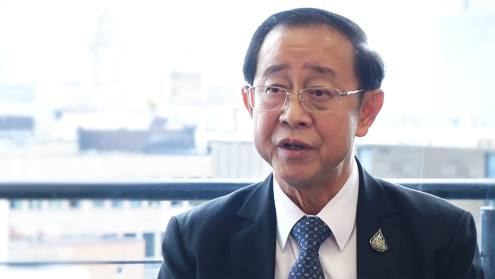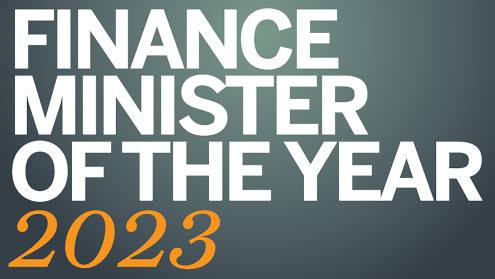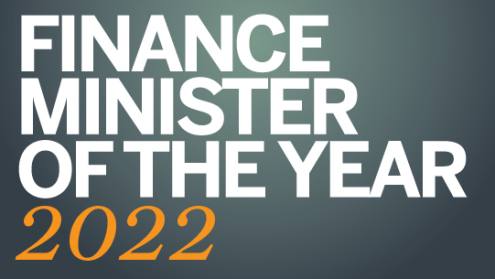Finance Minister of the Year/Global & Americas:
Danilo Astori Minister of the Economy and Finance, Uruguay
With the victory of Tabare Vazquez and his Frente Amplio (Broad Front) coalition party in the 2004 elections, Uruguay became the fifth Latin American country after Venezuela, Chile, Brazil and Argentina to vote a left-wing government into office. Despite managing the economy back to recovery after the 2002 financial crisis, outgoing president Jorge Batlle had slumped to the lowest recorded approval ratings ever, reflecting many poor Uruguayans’ mood that the recovery was not filtering down to them.
So there were keen eyes on the composition of Mr Vazquez’s economic team, not so much because there was any expectation of a reckless policy shift but rather to see what direction the government would take on difficult decisions.
Danilo Astori, who was appointed minister of the economy and finance, already enjoyed respect in the market, having declared in the past his admiration for the way Brazil’s president Luiz Inácio Lula da Silva had managed that country’s economy. In August, he cemented his credentials with a public showdown with the president, resigning and returning to government only once an explicit commitment from the president to lift education spending was dropped.
Although orthodox economics from left-wing governments in Latin America is almost de rigeur these days, resistance to obvious popular pressure for increased social spending is still very creditable.
Mr Astori knows he does not have much of a choice, particularly against the backdrop of a large public debt. To step up fiscal consolidation, he is planning a raft of measures, including comprehensive tax reforms slated for this year. In the near-term, a primary (before debt servicing costs) fiscal surplus of 4% is being sought, up from 3.5% last year. But he also believes that a host of other reforms to improve the investment and business climate will stimulate broad-based growth. “Over the course of this government’s term we are projecting an increase in gross domestic product of 20%, allowing us to increase public spending on priority social programmes,”he says.
Mr Astori’s tight grip on the public purse, commitment to reform and deft handling of political pressures puts him in the highest echelons of top-performing finance ministers in 2005. The factor that sets him apart, making him The Banker’s 2006 Global Finance Minister of the Year, was the unequivocal endorsement he received from the markets, with four sovereign bond issues all achieving excellent pricing, on top of a new three-year $1.13bn loan deal with the IMF.
“Deals with Uruguay’s main creditors, including the IMF, World Bank and Inter-American Development Bank, have been an injection of confidence and brought stability. This allowed us to go to market on four occasions to raise finance. In doing so we have removed any financial concerns for the next couple of years,” says Mr Astori.
Finance Minister of the Year/Europe: Andrej Bajuk Minister of Finance Slovenia
Finance Minister of the Year/Africa: Polycarpe Abah Abah Minister of Economy and Finance Cameroon
Finance Minister of the Year/Middle East: Yousef Hussain Kamal Minister of Finance Qatar
Finance Minister of the Year/Asia: Palaniappan Chidambaram Minister of Finance India











